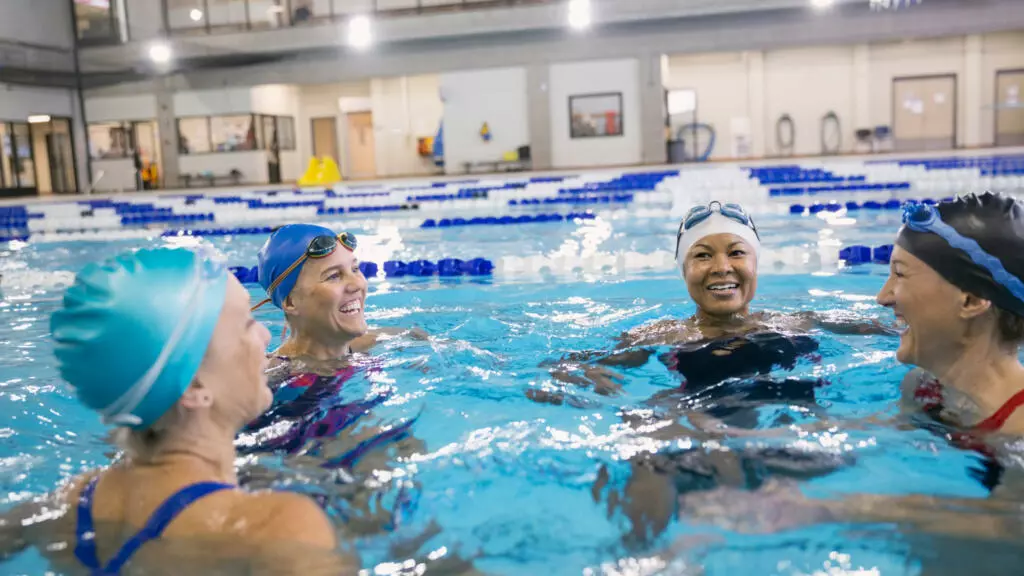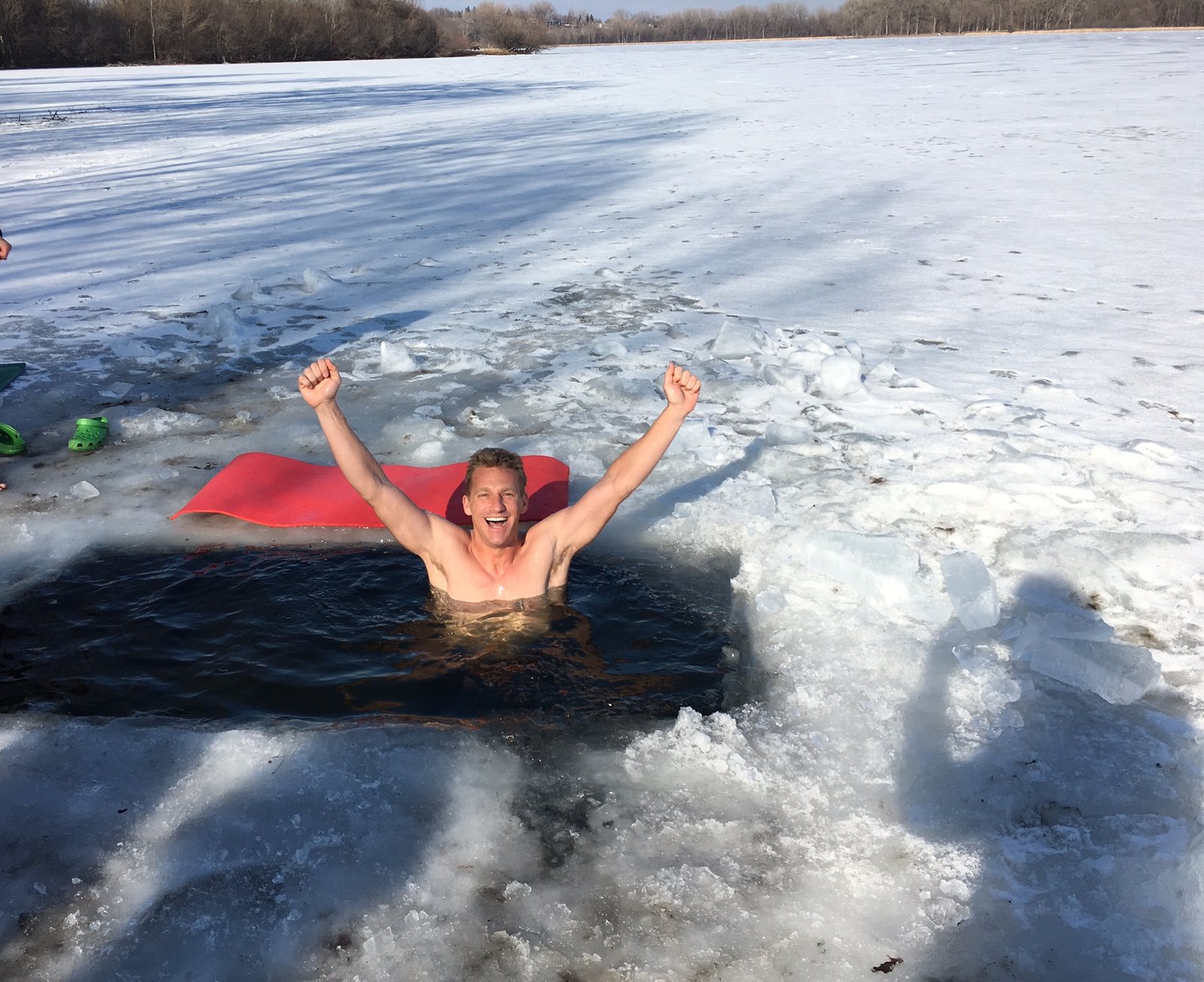In the heart of London’s second wave of COVID-19, Adam Boggon, MBChB, a dedicated medical doctor and psychiatry trainee, found an unexpected sanctuary amid the chaos—Hampstead Heath’s swimming ponds. Living within the walls of the Royal Free Hospital, Boggon, in the throes of managing medical professionals and students, discovered the transformative power of Cold Water Swimming.

Boggon’s journey into the icy depths was not merely a quest for bragging rights; it became a therapeutic release, providing not only physical exercise but a profound mental respite. “Swimming in cold water takes you out of yourself,” Boggon reflects, emphasizing the calming effect that followed the initial discomfort.
Research into the benefits of cold-water swimming has surged, driven in part by medical professionals like Boggon who have experienced these benefits firsthand. Beyond the anecdotal, studies suggest significant mental and physical health advantages, ranging from alleviating symptoms of depression to easing inflammatory conditions.

Heather Massey, PhD, a senior lecturer in Sport, Health, and Exercise Science at the University of Portsmouth, is another advocate for the cold-water plunge. Her affinity for the practice stems from her father, a dinghy sailor, and has led her to accomplish remarkable feats, including a 16-hour swim across the English Channel in upper-50s °F waters—sans wetsuit. Massey describes the experience as a moment where “time just seemed to collapse,” highlighting the transcendental nature of cold-water immersion.
As Boggon and Massey exemplify, cold-water swimming transcends the physical act; it becomes a journey into self-discovery and a communion with nature’s elements. The allure lies not only in the frigid waters but in the mental and emotional depths it unlocks.
Now, as a Fulbright Scholar at Harvard, Adam Boggon continues his exploration of the therapeutic benefits of cold-water swimming at Walden Pond, echoing the sentiments of transcendentalist Henry David Thoreau: “You can never have enough of nature.” Boggon’s journey intertwines with Massey’s, forming a narrative that delves into the dual perspectives of cold-water swimming—physical and mental.
The significance of this practice extends beyond personal anecdotes. Cold-water swimming has become a subject of scientific inquiry, with researchers delving into the mechanisms behind its positive effects. The exposure to cold water is believed to stimulate the release of endorphins, the body’s natural mood enhancers, providing a natural remedy for stress and depression.
Furthermore, the cold-water plunge is thought to activate the body’s parasympathetic nervous system, promoting a state of relaxation and tranquility. This physiological response aligns with Boggon’s experience of feeling a sense of calmness after the initial shock of entering frigid waters.

The mental health benefits of cold-water swimming are complemented by its potential impact on physical well-being. Some studies suggest that exposure to cold water may reduce inflammation in the body, offering relief to individuals with inflammatory conditions. The practice is also associated with improved circulation and cardiovascular health, contributing to an overall sense of vitality.
FOR MORE: Xbox S Gaming Excellence Microsoft’s Innovation
Heather Massey’s ‘Cold Water Swimming’
feat of swimming across the English Channel without a wetsuit underscores the resilience developed through cold-water immersion. The challenge of enduring the cold is not just a test of physical fortitude but a testament to mental strength, reinforcing the interconnectedness of mind and body.
Conclusion
The narrative of Adam Boggon and Heather Massey illuminates the multifaceted benefits of cold-water swimming. Their stories, woven into the fabric of scientific research, demonstrate that the allure of the icy depths extends beyond a momentary thrill. Cold-water swimming is a holistic practice—one that touches the realms of physical vitality and mental well-being, inviting individuals to embrace the healing depths that lie beneath the surface
